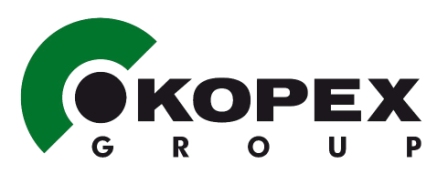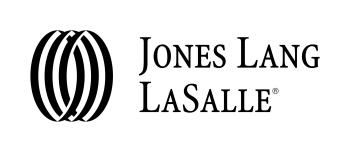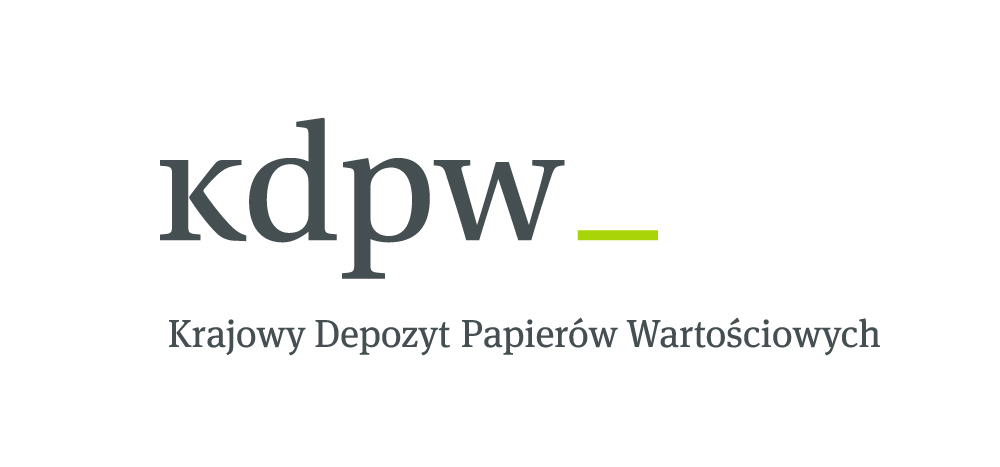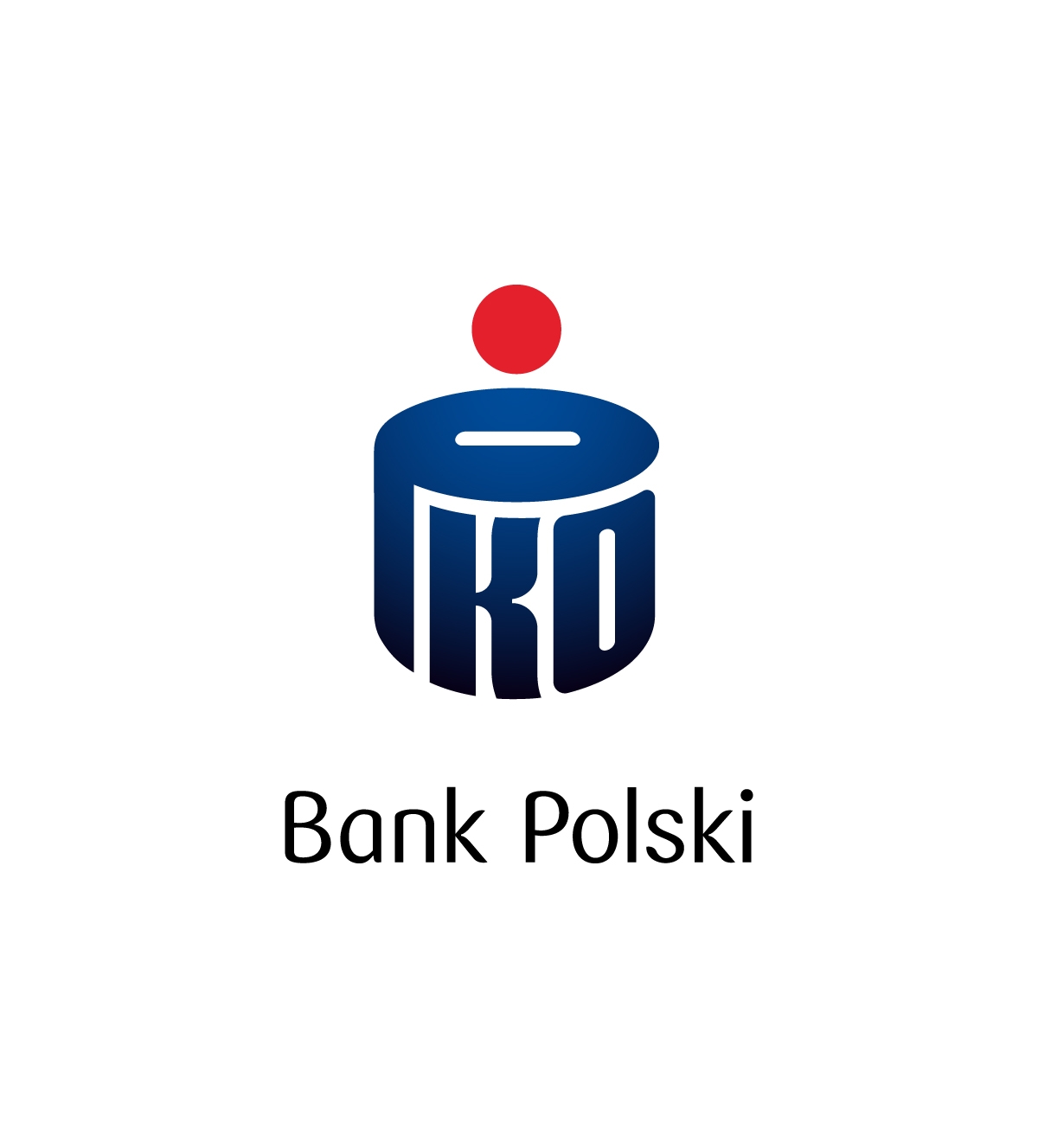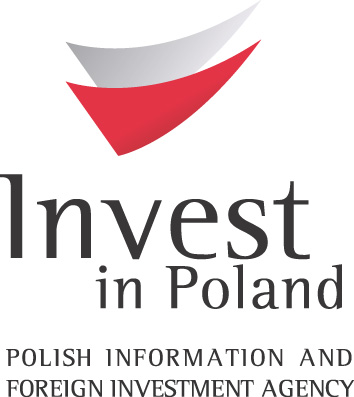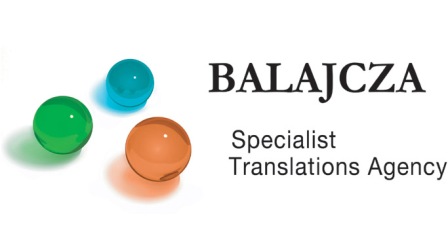Information
Warsaw Economic Hub
A host of politicians and businessmen gathered in Warsaw Nov. 27 to discuss some of the most pressing problems faced by Poland, Europe and the global economy. The annual conference, known as the Warsaw Economic Hub, was held for the sixth time at the Warsaw Stock Exchange headquarters by The Warsaw Voice, the Warsaw Stock Exchange company, and the International New York Times.
The conference opened with an address by Guenter Verheugen, a German politician and former EU Commissioner for Enlargement, who said that a key priority for the European economy today is to be competitive internationally.
Verheugen praised Poland for its stable economic growth, despite the crisis visible in many other EU countries. He cautioned Poland against hastily entering the eurozone—the country first needs to meet all the necessary macroeconomic conditions and reduce its public debt, he said.
The former EU commissioner also spoke about Poland’s role in building the Europe of the future. He referred to the latest developments in Ukraine, which has drifted significantly farther away from the prospect of association with the European Union. Verheugen warned that developments in Ukraine could lead to the emergence of a new line of division in Europe, a new Iron Curtain affecting the economy, business and politics. He said that Poland is particularly well qualified to warn Europe about the risks lurking in such a new division of the continent.
Meanwhile, another speaker, Michał Olszewski, deputy mayor of Warsaw, told the conference that the Polish capital is an increasingly attractive destination for foreign businesses. Olszewski said that creating a favorable climate for investors is a top priority for Warsaw City Hall, which is trying to simplify all the formal procedures required to register and start a business in the city. Olszewski also spoke about efforts to upgrade municipal infrastructure, noting that all districts in the Polish capital city are ready to welcome investors in terms of office space and transportation.
In turn, Paweł Orłowski, undersecretary of state at the Polish Ministry of Regional Development, outlined the government’s strategy for the country’s economic growth in the next seven years—a vision taking into account the use of funds from EU coffers. According to Orłowski, Poland is entering a second phase of major economic changes aimed at creating one of the strongest and most stable economies among EU member countries over the next decade.
After Orłowski finished, the first of the conference’s eight discussion panels began. It focused on forecasting how the Polish economy will develop in the next 10 years. Participants—who included Jan Krzysztof Bielecki, head of a team that advises the prime minister on economic issues; Zbigniew Jagiełło, president of Bank PKO BP, the largest retail bank in Poland; Adam Maciejewski, president of the Warsaw Stock Exchange; Wiesław Rozłucki, chairman of the supervisory board of the Warsaw Stock Exchange; and the CEOs of several of Poland’s largest companies—agreed that the coming decade will see Poland facing its most serious challenges since the fall of communism in 1989 and the country’s transformation into a free-market democracy.
The remaining seven panel discussions focused on issues such as the development of Poland’s capital market, the growing role of markets in China and Africa, the condition of Poland’s real estate market, investment fund services available in Warsaw, the problems of Poland’s energy sector, and the country’s exports.
One of the important and controversial topics brainstormed during a panel discussion dedicated to the development of Poland’s capital market was how to attract more foreign companies to the Warsaw Stock Exchange. At the moment, there are around 40 such companies, which, according to most discussion participants, is not enough for the WSE to count as a major stock exchange in Europe.
A number of speakers put forward ideas on how the position of the Warsaw Stock Exchange can be improved. These included Daniel Boniecki, CEO of the Polish subsidiary of McKinsey; Jacek Socha, a former Treasury minister who is now vice president of the Polish subsidiary of PricewaterhouseCoopers; Igor Chalupec, former CEO of Polish fuel giant Orlen and now co-owner of consulting firm Icentis; and Jacek Papierski, vice president of Bank PKO BP. The government was represented by deputy finance minister Wojciech Kowalczyk and deputy Treasury minister Paweł Tamborski.
The greatest controversy during the panel discussion was generated by the question of the potential appearance of Russian companies on the Warsaw Stock Exchange. During the discussion, which was moderated by WSE President Adam Maciejewski, the audience could ask questions via email. One of the first questions suggested that a key reason why Russian companies are absent from the Warsaw Stock Exchange is that there is an “allergy” to Russian investors in Poland. The panelists agreed that Russian capital is treated with reserve in Poland, especially in strategic sectors of the economy, such as fuel, energy and banking. However, they also noted that large Russian companies prefer to be listed on Europe’s largest stock exchanges such as London or Frankfurt. Finally, participants noted that Russian capital has been entering Poland, as well as other countries, under the names of companies officially registered abroad, in Cyprus for example.
Another panel discussion indirectly focusing on the stock market was one on investment fund services in Warsaw. In an introduction to the debate, Jacek Levernes, president of the Association of Business Service Leaders in Poland (ABSL), offered a highly optimistic scenario under which the business services sector may create up to 100,000 new jobs for highly qualified staff in Poland in the coming years. Panelists discussed methods for shaping a good business services system, which they said is an integral part of the economy.
A panel discussion on the Polish energy sector featured an especially heated debate. The moderator was Janusz Steinhoff, former deputy prime minister and economy minister, who has been dealing with the security of energy supply in Poland for many years. The panelists—among them Bogdan Janicki from the Lotos group, which is one of the biggest players on the Polish fuel market; Marzena Piszczek, vice president of PGE Energia J±drowa; and Tomasz D±browski, director of the energy department at the Polish Economy Ministry—also vigorously debated topics such as EU regulations on energy, renewable energy sources, and admissible carbon dioxide emissions. Janicki noted that the United States, Canada and Australia are the world’s biggest emitters of carbon dioxide in per capita terms, and that the German economy is almost 70-percent based on coal-fired power plants. Meanwhile, under EU regulations, Poland is being forced to give up some of its coal-fired power plants, in what is bound to be an extremely costly operation for the country, he said.
During the final session of the conference, Polish central bank chief Marek Belka offered a highly optimistic forecast for the Polish economy, strongly refuting arguments that Poland is supposedly doing a poor job dealing with the crisis and consequently facing a recession. Belka said that Poland’s success in limiting the damage done by the pan-European and global crisis is primarily due to a good financial policy pursued consistently over the past 24 years—ever since the start of economic reforms after the collapse of communism. The central bank governor added that in the country’s recent history all Polish governments, regardless of their political persuasion, have behaved reasonably on macroeconomic issues. As a result, Poland has been in a better economic situation than most other EU countries in recent years and has shown greater resilience to the crisis, Belka said.
The conference’s last panel discussion, which focused on issues including Poland’s ratings from international financial institutions, included an address by Piotr Kowalski, CEO of the Polish subsidiary of the Fitch rating agency. Poland has a rating of A- from this agency at the moment, Kowalski said, and ranks among the top 30 countries of more than 110 evaluated by Fitch. In the next decade or even two, Poland is unlikely to be given a higher rating of AA or the top AAA grade, according to Kowalski. He added that Poland’s rating has never been reduced over the past 20 years but has steadily been improving. According to Kowalski, Poland’s current GDP growth of 1.5 percent, though criticized by many as unimpressive, would be welcomed with joy in many countries in various parts of the world. Summing up, Kowalski said that Poland’s economic success in recent years cannot be denied.
W. Ż.
Copyright © 2011 Planners Polska Sp. z o.o.






